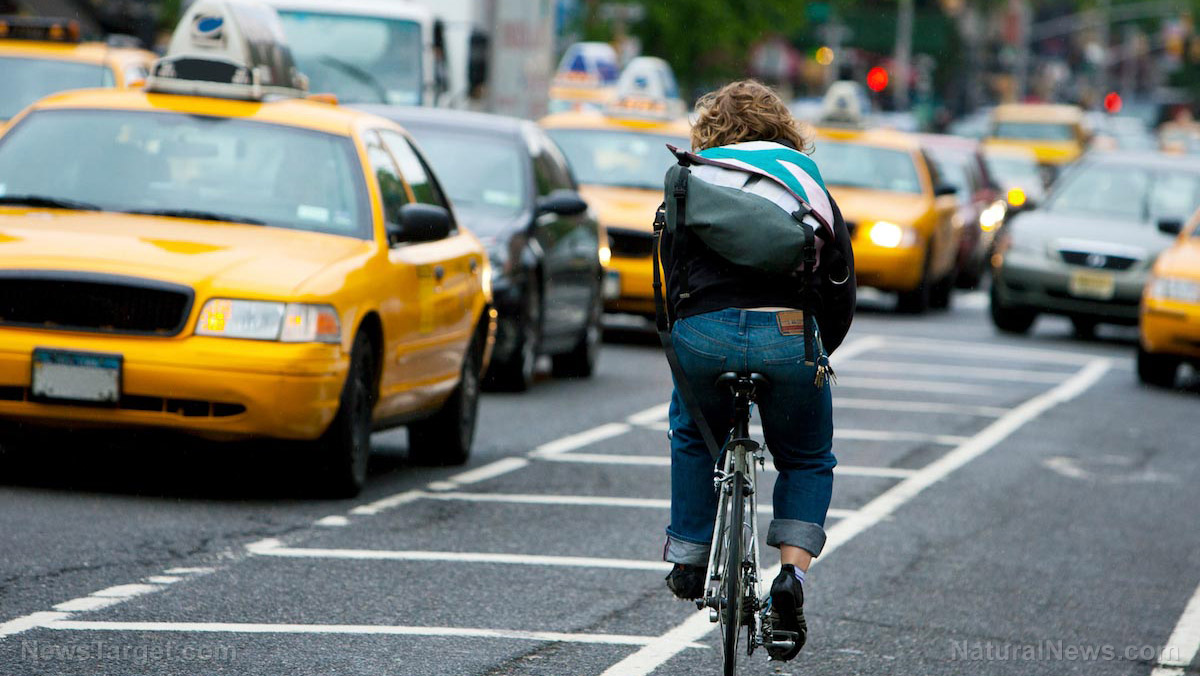
Advertisement
When caught in an emergency, many people’s first reaction is to reach for their cellphone to call for help. According to data from the Pew Research Center, about 96% of Americans own a cellphone. In any emergency, communication is key if you want to keep yourself alive. However, cellphone service is unreliable at times, especially as an emergency communication device. Many preppers choose a survival radio instead for all their communication needs. But how safe is it to use radios in a crisis? (h/t to PreppersWill.com)
Your communication security is at risk
If you’re using a radio to communicate with someone, you must watch what you say. Anything you say can be used against you to the point that it may threaten your personal safety. Preppers who make use of the Citizens Band (CB) channels should be aware that every time they transmit anything, they could be giving away vital information to unsavory folk listening in, looking for potential victims.
To prevent your survival radio to be used against you and protect yourself from potential threats, you should be able to lay out defensive measures to either eliminate or reduce the risk of compromise. (Related: 8 Pillars of survival protocol that every prepper needs to master.)
Here are a few strategies you can adopt:
- Maintain radio silence. Simple, yet effective. Your radio can be used as a listening tool rather than a communication tool. Any eavesdropper looking to gain new information can’t get anything from you if you don’t say anything at all. Instead, you can try using your mobile phone for communication purposes, if the telephone lines are still up. If you’re up for doing things old school, you can ask someone else to deliver your messages for you.
- Keep an ear out for information. Adding onto using your radio as a listening tool, you should keep a close ear out for any information. Sweep through all available channels to see if someone is transmitting nearby. If you do find one, this gives you the chance to determine if the person is hostile or friendly.
- Keep it short and simple. If you must transmit something through your radio, always keep it brief. The longer you stay on air, the more chances you give eavesdroppers to determine your location. Keeping your message concise is easy to do, as messages that must be communicated through radio usually don’t have to give away much detail. If you do need to provide detailed explanations, it would be safer to just go and meet up with the person you must talk to.
- Don’t reveal where you’re staying. If possible, you should do your transmissions away from home base to prevent people from tracking down your location. Furthermore, you can use code when transmitting to conceal information about your home base and yourself, while also shortening the time needed to stay connected on the radio.
- Use the weakest signal setting. Under normal circumstances, using the highest power available is advantageous, as you can reach much farther and overpower any sort of interference. However, this turns you into a literal beacon that notifies people of your location if they’re trying to look for it. If you’re concerned about potential listeners, you should use a weak signal to be more discreet.
If you’re in dire need of a communication system, and network signals go down, take note of the strategies above to prevent people from ruining your chances of survival and to keep you and your party safe from harm. Learn more stories about home security in a disaster situation at Disaster.news.
Sources include:
Advertisement
Advertisements
















